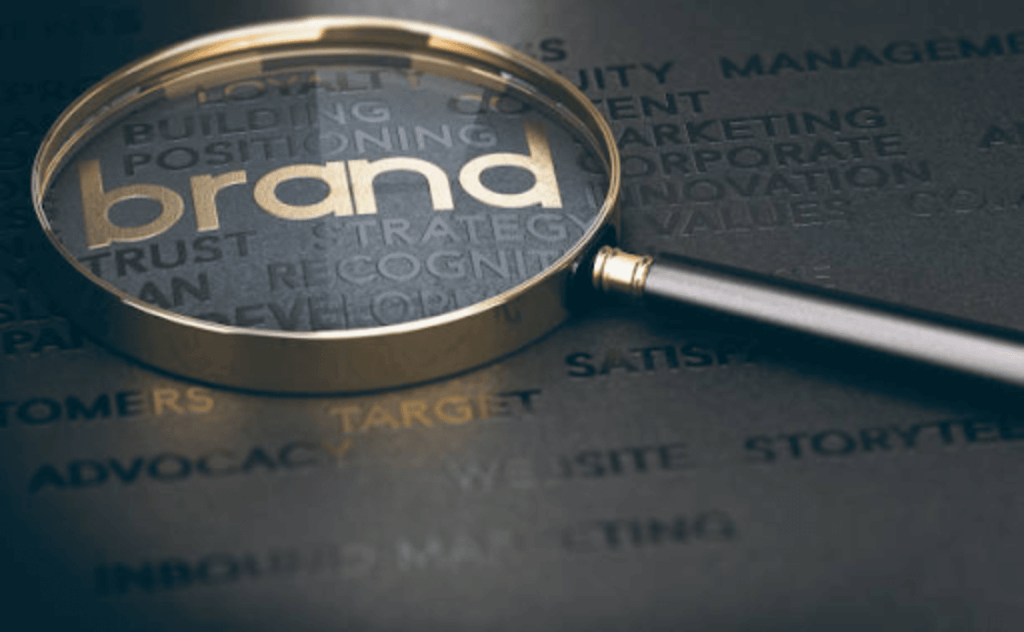
Measuring brand awareness in the digital age is crucial for understanding how well your brand is recognized and remembered by your target audience. With the proliferation of digital channels and technologies, there are various methods and tools available to help you assess and improve your brand’s visibility.
Here are some key approaches to measuring brand awareness in the digital age:
Website Traffic and Analytics:
- Traffic Volume: Analyze the number of visitors to your website. An increase in unique visitors can indicate growing brand awareness.
- Bounce Rate: A lower bounce rate suggests that visitors are engaging with your content and staying longer on your site.
- Time on Site: Longer average time spent on your site can indicate that users are exploring your brand.
Social Media Metrics:
- Followers and Likes: Monitor the growth of your social media followers and the number of likes on your posts.
- Engagement: Assess the level of engagement, such as comments, shares, and retweets.
- Mentions: Keep track of brand mentions across social media platforms.
Search Engine Results:
- Search Engine Ranking: Use tools like Google Search Console to track your brand’s ranking for relevant keywords.
- Branded Keyword Searches: Analyze the volume of searches for your brand name and related terms.
Content Shares and Backlinks:
- Content Sharing: Measure how often your content is shared on social media and other websites.
- Backlinks: Track the number and quality of websites linking back to your content or mentioning your brand.
- Online Surveys and Brand Tracking Studies:Conduct online surveys to gather direct feedback on brand recognition and perception.Utilize brand tracking studies to assess changes in awareness over time.
- Email Marketing Metrics:Monitor email open rates, click-through rates, and conversion rates. An increase in these metrics can indicate a growing interest in your brand.
- Influencer Marketing Impact:Assess the impact of influencer marketing campaigns on brand mentions, engagement, and traffic to your website or social media profiles.
- Competitor Benchmarking:Compare your brand’s awareness metrics with those of key competitors to gain insights into your market position.
- Online Reviews and Ratings: Analyze the sentiment of online reviews and ratings on platforms like Google, Yelp, or review sites specific to your industry.
Social Listening Tools:
- Use social listening tools to monitor conversations about your brand on social media, news sites, forums, and other online sources.
- Brand Reach and Impressions:
- Assess the reach and impressions of your digital advertising campaigns, including display ads, social media ads, and search ads.
Brand Hashtags:
- Track the use of brand-related hashtags across social media platforms to measure organic brand mentions.
Customer Feedback and Reviews:
- Collect feedback and reviews from customers on your website, social media, or review platforms to gauge their perception of your brand.

Web Mentions and Alerts:
- Set up Google Alerts or use monitoring tools to receive notifications whenever your brand is mentioned online.
Conversion Attribution:
- Analyze the impact of brand awareness on conversion paths, attributing conversions to different touch points along the customer journey.
In the digital age, brand awareness can be measured through a combination of quantitative and qualitative data. A comprehensive approach that integrates data from various sources is essential for gaining a holistic understanding of your brand’s recognition and perception in the digital landscape. Regularly monitoring these metrics and adjusting your digital marketing strategies accordingly can help you strengthen your brand’s presence and influence.
Measuring brand awareness in the digital age is a critical aspect of understanding how your brand is perceived and recognized by your target audience. The digital landscape offers a wealth of tools and metrics that can provide valuable insights into the effectiveness of your brand awareness efforts. By tracking various indicators such as website traffic, social media engagement, search engine rankings, and customer feedback, you can gauge the impact of your brand in the digital realm.
It’s essential to take a multi-faceted approach to measurement, considering both quantitative and qualitative data. This enables a more comprehensive understanding of your brand’s online presence. Regularly monitoring these metrics, benchmarking against competitors, and adjusting your digital marketing strategies based on the insights gathered can help you not only measure but also improve and strengthen your brand awareness in the digital age. Ultimately, a well-managed brand awareness strategy can lead to increased customer engagement, loyalty, and business growth.



